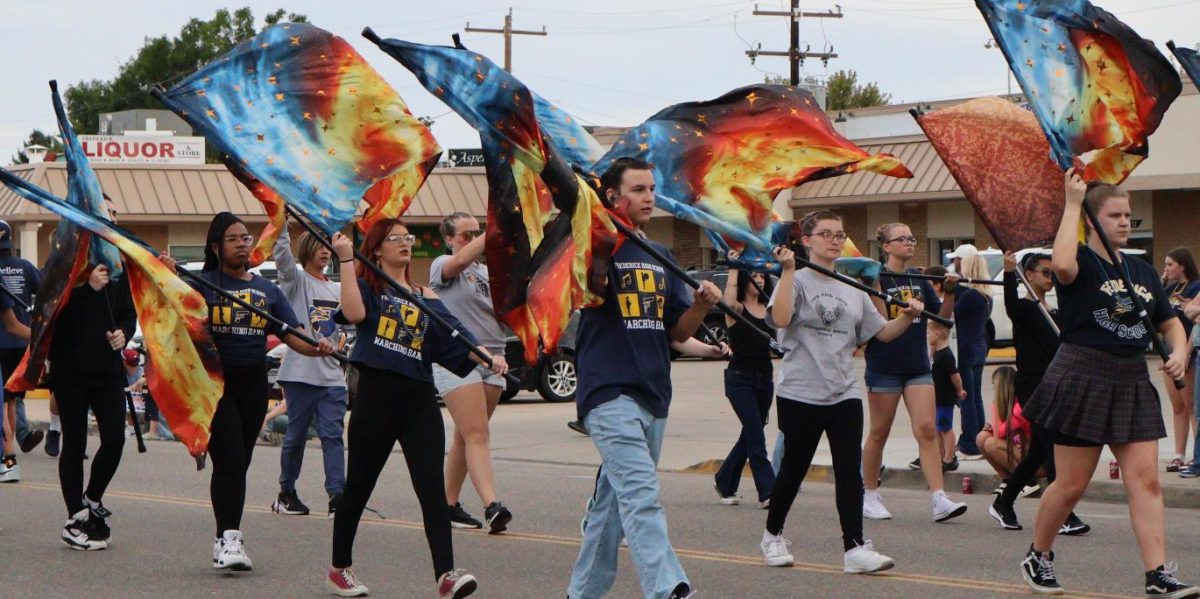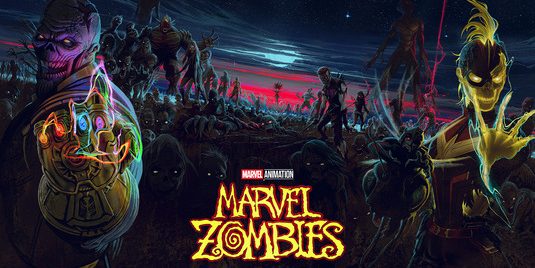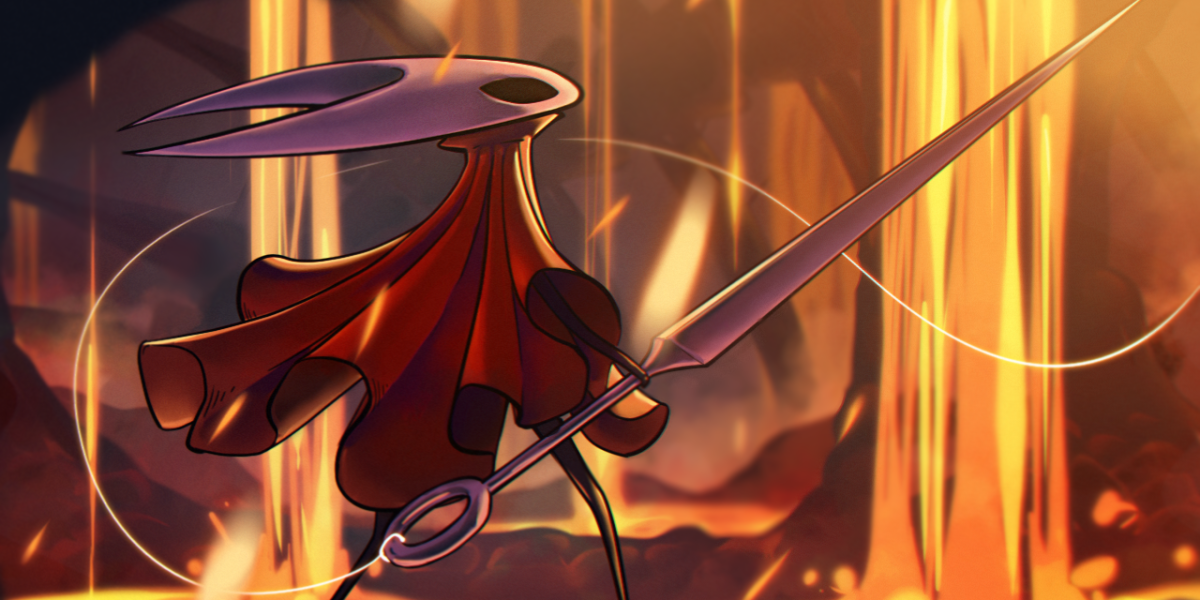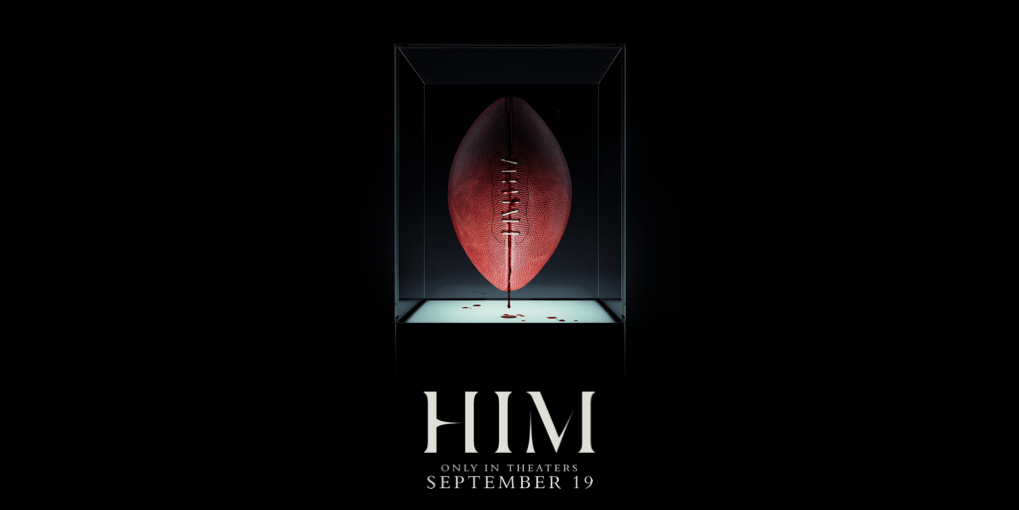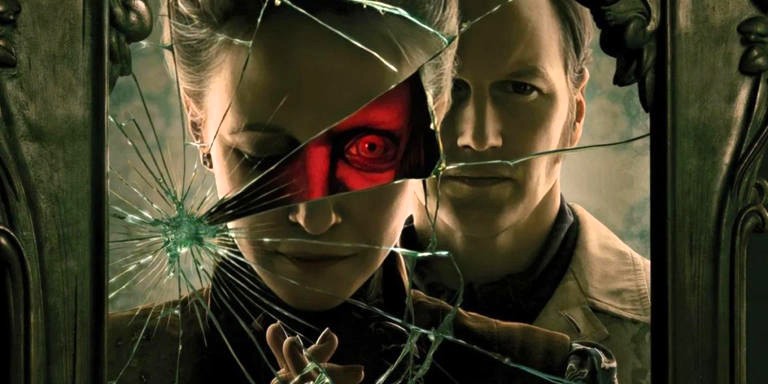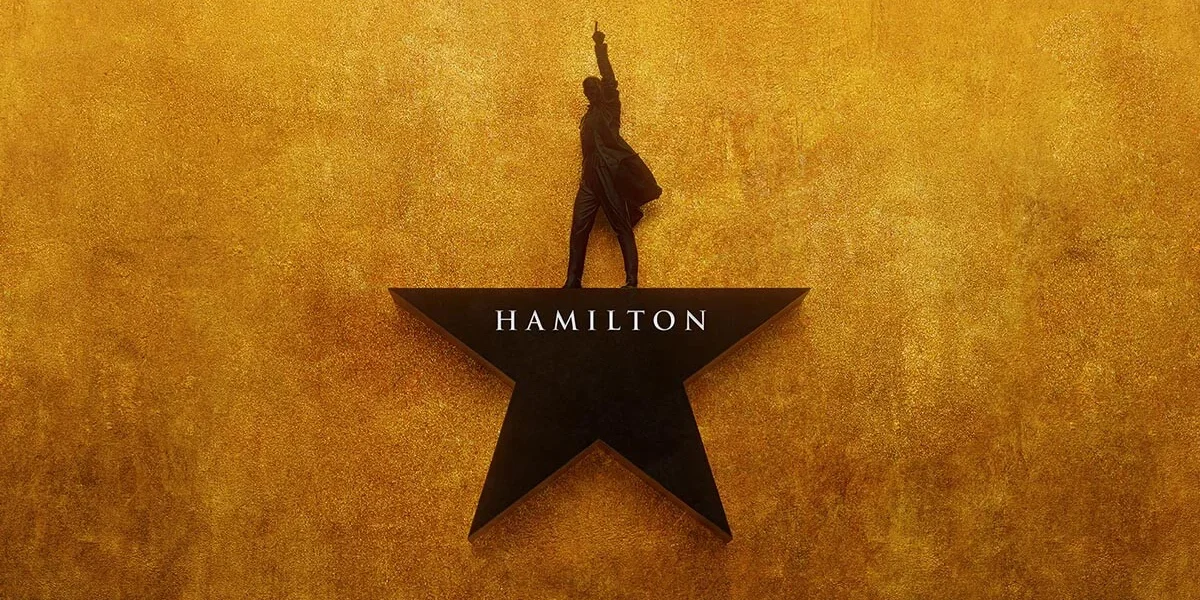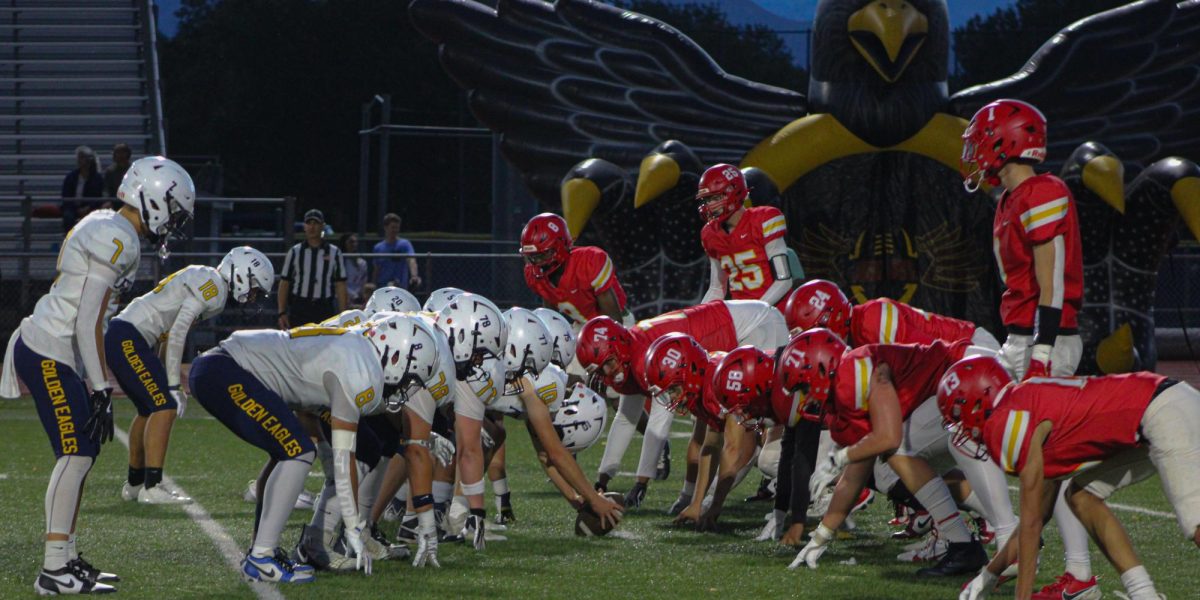
Three years ago, Netflix debuted a series called Arcane: League of Legends based on the popular League of Legends MMORPG. The series was a gamble for Riot Games: they spent over $140 million on nine episodes of motion-capture animation to bring to life a video game property, which is a medium known for more bad adaptations than good. While the 150 million LoL gamers would probably watch it, would the general public be interested?
After its 2021 release, Arcane: LoL received the highest critical praise of any original streaming series ever.
While it wasn’t a ratings hit, only getting 120 million global hours watched, the critical praise gave Riot the green light to make a second and final season, which was released in November 2024. While the budgets were a bit more restrained for the second season, all 18 episodes cost over $250 million to produce, making it the most expensive animated series of all time. Fortunately, every dollar paid off, as the finale of Arcane: LoL surpasses the quality and depth of even the first acclaimed season and delivers what is arguably the best animated series of all time.
Season one of the series introduced fans to two lands in the world of Runeterra: Piltover, a near-utopian city of the rich and famous ruled by a seven-person council of nobles, and Zaun, the waste-filled slums under Piltover that the poor and desperate call home. The story revolves around the development of “Hextech” by young scientist Jayce Tails and his partner Viktor, which is technology powered by magic-charged gemstones. For the first few years, Piltover only uses its Hextech for trade, but that changes at the end of the first season when Viktor fuses with Hextech to save his own life and Jayce builds weapons powered by Hextech to hunt down a terrorist from Zaun named Jinx.
Jinx is a blue-haired teenage girl who gets Piltover’s attention after she steals a Hextech gemstone, killing six enforcers in the process. Caitlyn of House Kirammann takes over the manhunt for Jinx and enlists a prisoner named Vi to help her. Vi (originally Violet) and Jinx (originally Powder) are estranged sisters. After their father Vander was murdered by his brother Silko, Vi was jailed while an orphaned Powder was adopted by Silko and taught to be a merciless killer. The love-hate relationship between the sisters motivates most of the conflict in the series.
The first season ends with a literal bang: feeling abandoned yet again after Silko dies and discovering Vi’s partnership with Caitlyn, Jinx launches a Hextech-powered missile into Piltover that kills half the ruling council, including Caitlyn’s mother. Jinx is now public enemy number one in Piltover, and Caitlyn’s obsession with revenge against Jinx strains her relationship with Vi. Underground in Zaun, Jinx is seen as a folk hero, and various gang leaders fight to fill the leadership hole left by Silko’s death. Meanwhile, Queen Ambessa Medarda of the war-loving Noxus comes to Piltover to try to push Piltover into developing Hextech weaponry that Noxus can then use against its own enemies. Among all this chaos is Viktor, who is newly cybernetic and wants to use his new Hextech-infused body and magical abilities to clense the entire world of flaws.

While the show has several characters to keep track of (as this summary didn’t even mention major characters Ekko, Mel Medarda, Cecil B. Heimerdinger, Sky Young, Dr. Corin “Singed” Reveck, or Sevika), it never overwhelms the viewer because it takes time to make each character distinct. One of the most powerful aspects of Arcane: LoL is also its ability to make viewers care deeply for its characters. The show doesn’t just paint its protagonists and antagonists in broad strokes, as most video game adaptations do; instead, it explores their struggles, motivations, and vulnerabilities with nuance.
Take the relationship between Vi and Jinx. Vi is a strong-willed protector, and her desire to protect her sister even with all the bad she’s done tugs at the heartstrings. Despite Jinx being a chaotic, unpredictable force of nature, the series shows that her violence is built upon internal suffering and mental illness, so it’s easy to empathize with her. Instead of fans of the show dividing into “Team Vi” and “Team Jinx,” the series makes the audience root for them to reunite and worry about the damage they might cause to each other in the meantime.
Every major character has an emotional arc that is set up in season one and explored deeply in season two. Caitlyn, who has always been torn between fitting into proper Piltover society and doing what she knows is right, now must choose between being Piltover’s avenging sheriff and serving Jinx justice rather than vengeance. Ekko, the leader of the Zaunnian rebel movement called the Firelights, has an episode in both seasons where he grapples with how his childhood friend Powder could become such a monster and if there is any saving her. Viktor spends season one wanting to help others and season two wanting to perfect others. Arcane creates a universe where every character feels real with their actions grounded in understandable emotion, motivated desire, and relatable desperation.
Arcane: LoL has an incredible voice cast that brings life to these characters. Hailee Steinfeld (Hawkeye‘s Kate Bishop and voice of SpiderGwen in Into the Spiderverse) does a phenomenal job as Vi with a tone that beautifully wavers between sure and commanding and caring and protective. Ella Purnell (Jackie on Yellowjackets and Lucy on Fallout) brings energy to the fast-talking Jinx but performs with a subtle nasal catch in some of her words, which gives the impression that Jinx may talk tough but is still young and insecure. Lucifer‘s Kevin Alejandro, Harry Potter‘s Katie Leung, and Ducktales‘ Toks Olagundoye all shine as Jacye, Caitlyn, and Mel, respectively, but accomplished British actor Ellen Thomas completely steals every scene she’s in as the maniacal Ambessa. As one of the only true villains on the show, it’s fun to watch her try to manipulate others and use the goodness in these characters against them.

Arcane: LoL also inspires wonder. The beautifully animated action scenes pulse with color and kinetic energy, evoke awe, and drop viewers into a fantastical world. From the vibrant, steampunk-inspired city of Piltover to the grimy, dangerous depths of Zaun, the show immerses the audience in its intricately crafted settings. While gamers will pick up on the dozens of video game Easter eggs left in every episode, any viewer can appreciate how this show blends digital animation with the aesthetics of an oil painting, a watercolor landscape, or punk-inspired graffiti.
There is depth to the animation as well. The series uses colors to represent certain characters (like blue for Jinx, pink for Violet, green for Ekko, and so on), and a character using another character’s color reinforces that both characters are emotionally and mentally in the same place. Caitlyn is surrounded by ordely Victorian-style hatchwork while Jinx exists in a playground of jagged scribbles and paint splatters.
The depth of the animation comes second only to the depth of the show’s writing. Arcane: LoL revolves around tragedy, loss, and heartbreak. The start of the season doesn’t see the charasmatic and cartoonish Jinx revelling her victory over Piltover’s elite–in fact, she isn’t in the episode at all. Rather, she chooses to be alone in her grief and is only saved from disappearing into her guilt, anger, and loneliness by th elove and admiration of young girl named Isha. Through Isha, Jinx becomes like an older sister and starts to empathize with Vi, as she is now settled with her own mischief-causing “Powder.”
Simultaniously, Vi isolates herself and disappears into the underground of Zaun. She experiences how Zaun has changed for the worse and, by submurging herself into the world that turned Powder into Jinx, begins to understand how her sister became so lost. Vi’s sorrow is palpable and weighs on the viewer. The series doesn’t shy away from showing the harshness of the world, and it forces the audience to confront the emotional aftermath.
Lots of current TV shows do this too: The Penguin, The Last of Us, and Yellowjackets, just to name a few. What makes Arcane: LoL different is that it’s focus is not just the tragedy of life but in exploring how someone can move on from their loss or heartbreak. The emotional weight of the show is often intense, with characters frequently facing the consequences of their choices, but the show always offers hope. As Vi says to Caitlyn in the first episode when consoling her over her mother’s death, “The hole gets smaller, but you never fill it.” There will always be the fargment of a crumbling dreams, the disintegration of friendships, and the painful realities of living in a fractured society, but that doesn’t mean that all is lost.
Arcane:LoL is more than just an animated series—it’s an emotional journey that packs laughter, tears, anger, joy, and hope into every episode. Its nuanced storytelling, rich character development, and stunning visuals combine to create a powerful emotional experience. Whether you’re rooting for the protagonists or grappling with the show’s darker themes, Arcane:LoL has a way of geeting under your skin in the best way. Whether it’s a high-stakes confrontation between characters or a slow-burn political maneuvering in Piltover, the show keeps the viewer on the edge of their seat. The tension between characters, the fear of what might happen next, and the anticipation of twists and turns (not to mention the cliffhangers at the end of every episode) all build up the stakes and keep viewers engaged.
All this not only makes Arcane: LoL the best animated series of all time, but one of the best TV series to ever be produced. It’s enormous budget is well worth creating a world where you feel everything. The worst thing about the show is that it’s ending: despite its acclaim and popularity, this is the last season. Fortunately, Riot Games has already announced that they are developing three new series set in the League of Legends universe, this time focusing on other lands in Runeterra: Noxus, Ionia, and Demacia. If they are anything like this series, they will definitely be worth watching.
Simply put, Arcane: League of Legends is must-watch TV.















